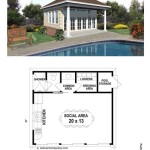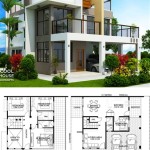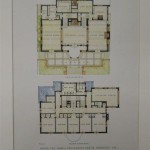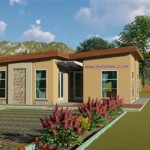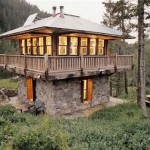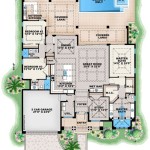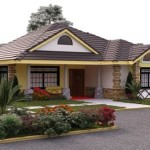Essential Aspects of House Plans in Zimbabwe
Designing and constructing a home in Zimbabwe requires careful consideration of various factors unique to the country. From architectural styles to local building regulations, understanding these essential aspects is crucial for creating a house plan that meets your needs and complies with the law.
Architectural Styles: Zimbabwe's architectural landscape is influenced by both traditional and modern designs. Traditional styles often incorporate elements such as thatched roofs, mud brick walls, and open-air living spaces. Modern styles, on the other hand, feature clean lines, glass facades, and innovative designs that cater to contemporary lifestyles.
Climate Considerations: Zimbabwe's tropical climate with distinct wet and dry seasons poses challenges for house design. House plans should prioritize natural ventilation and cooling mechanisms to provide thermal comfort during the hot summer months. This can be achieved through the use of cross-ventilation, high ceilings, and shaded outdoor areas.
Building Regulations: Adhering to building regulations is essential for ensuring safety and compliance. The Zimbabwe National House Builders' Association (ZNHBA) provides guidelines and standards that house plans must meet. These regulations cover aspects such as structural integrity, fire safety, sanitation, and energy efficiency.
Materials and Construction: The choice of building materials significantly impacts the cost and durability of your home. In Zimbabwe, commonly used materials include concrete blocks, bricks, and corrugated iron roofing. Local resources and skilled labor are readily available, but it is important to ensure the quality of materials and workmanship.
Functional Layout: The arrangement of rooms within a house plan should prioritize functionality and flow. Consider the natural orientation of the building to optimize natural lighting and minimize heat gain. Separate public and private areas for privacy and convenience.
Sustainability: Environmental sustainability is becoming increasingly important in modern house design. Incorporating energy-efficient measures, such as solar panels, rainwater harvesting systems, and passive design principles, can reduce your home's ecological footprint and lower utility costs.
Professional Assistance: Engaging the services of a qualified architect or draftsperson is highly recommended. They possess the expertise to design a house plan that meets your specific requirements, complies with regulations, and considers all the essential aspects discussed above.
By carefully considering these aspects, you can develop a house plan that is uniquely tailored to your needs, reflects the local context, and stands the test of time in the Zimbabwean environment.

House Plans Zimbabwe Building Architectural Services Modern Free

House Plans Zimbabwe Building Architectural Services Free

House Plans Zimbabwe

How To Buy House Plans From Top Home Designers In Zimbabwe On Www Afroshelter Com

38 Best Four Bedroom House Plans Ideas

Blue Prints Design Residential Commercial Industrial Harare Zimbabwe

Best Architects Or House Designers To Consider For A Rural Farmhouse Plan In Zimbabwe

8 Zim House Plans Ideas How To Plan

Rural House Plans Zimbabwe

House Plan Design Zimbabwe

